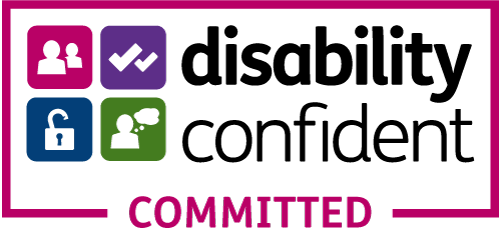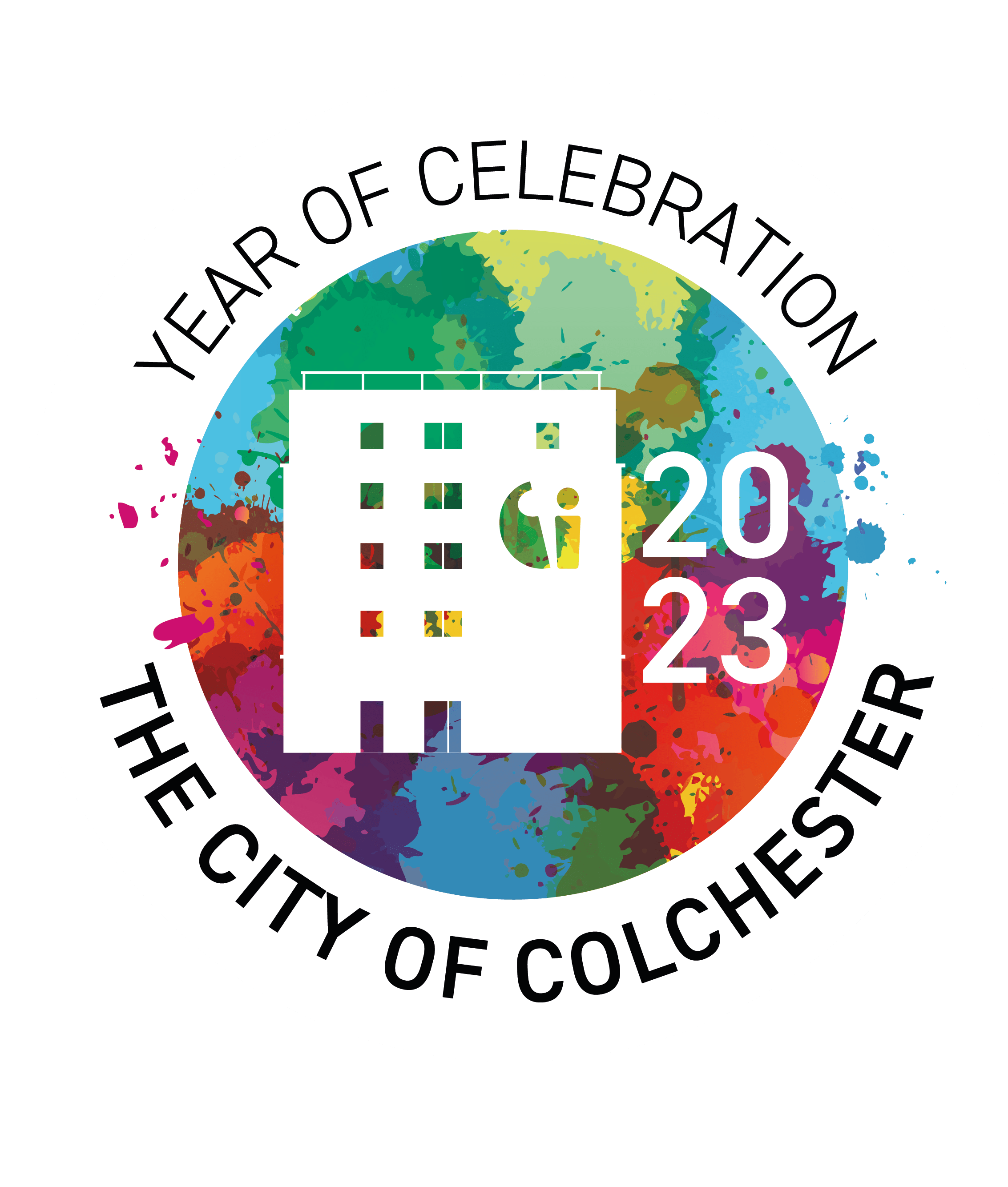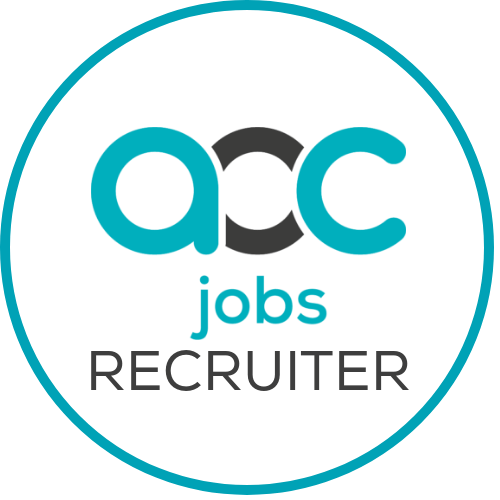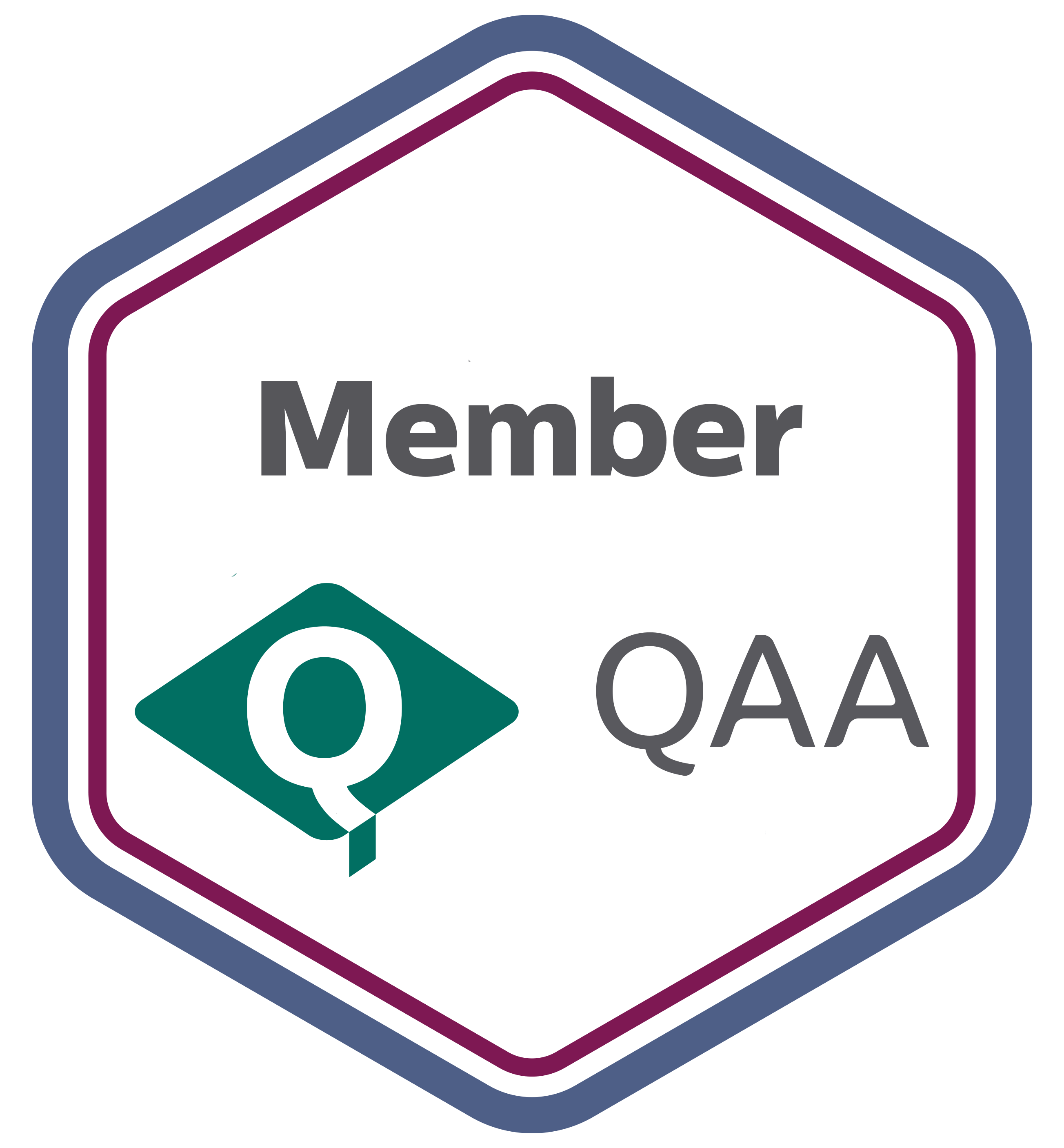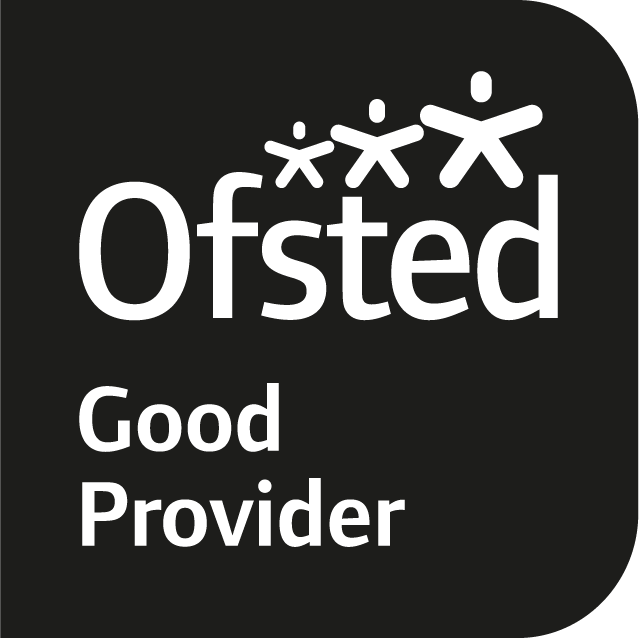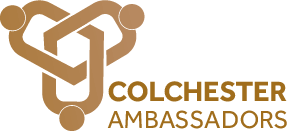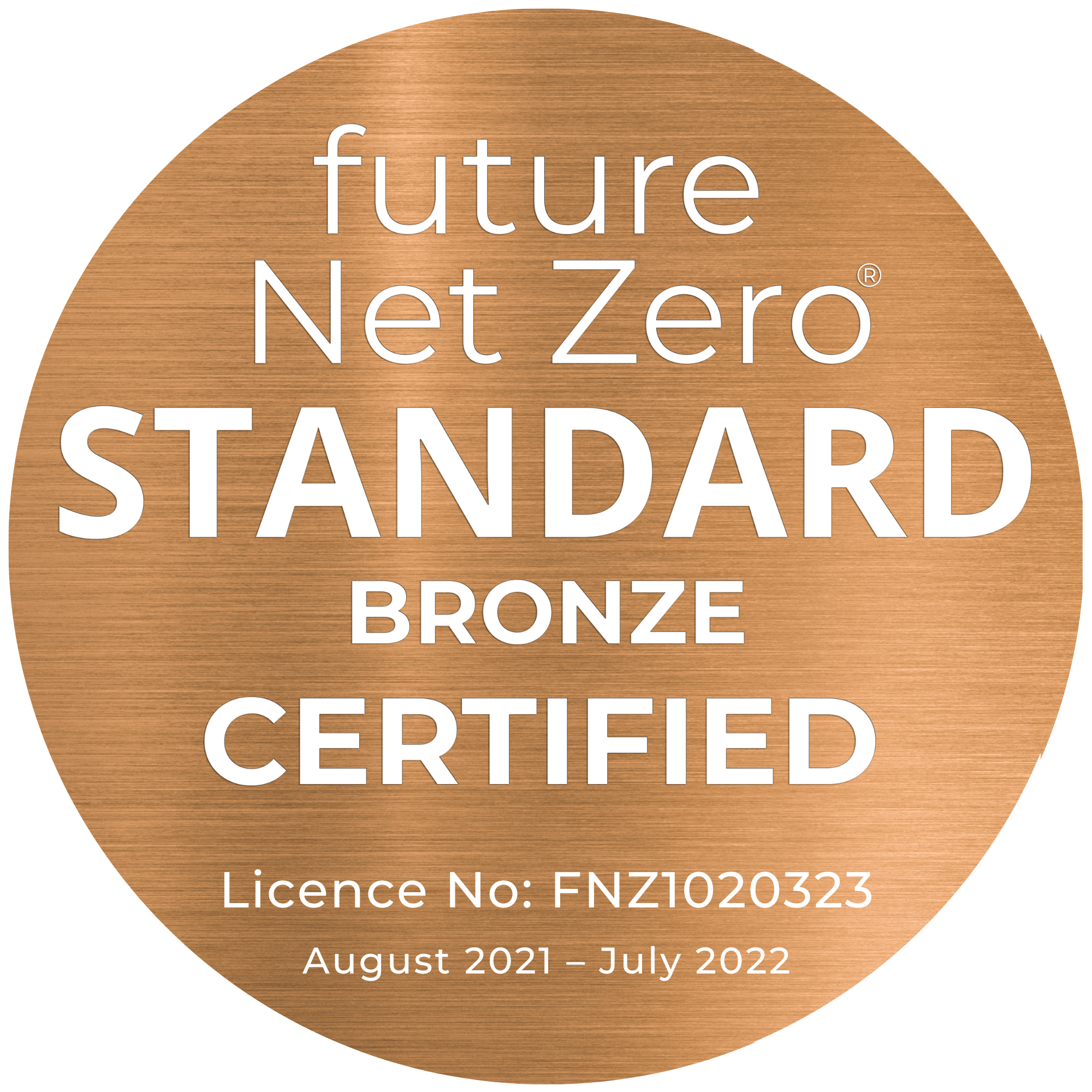What is a CV?
A CV is a document which outlines your educational background, work experience, skills, achievements, and other professional qualifications. You use it to show a prospective employer what you can bring to their company and why they should hire you. Your CV is your chance to make a good first impression and it may determine whether you are considered for an opportunity. You will often need a CV for apprenticeship applications.
What sections should be included?
A CV usually contains the following sections:
- Personal Details – Your name and contact details should be the first things on your CV.
- Personal Profile – This section is a short paragraph or a few sentences which sums up who you are, what you have done and what you may be looking for. This is your chance to really sell yourself to the employer and tell them how your skills, experience and interests can benefit them.
- Education – This section details your qualifications and what you have achieved in your education (including any current studies).
- Employment History/Work Experience – This section outlines your work history, the jobs you have had and the dates when you had them, as well as a brief description of your duties. Provide details of all the work you have done, including part-time work, work experience and voluntary work.
- Skills and Achievements – This section is where you might highlight relevant skills you have. These could be specifically related to the apprenticeship you are applying for or transferable skills, like communication and teamwork.
- Hobbies and Interests (optional) – This section can show an employer your hobbies and interests, as well as any clubs or activities you are involved with. If you do not have work experience, this section can be an important part of your CV, as you can use it to show that you are passionate about a certain area or that you undertake activities in your free time that contribute to your transferable skills.
What should a CV look like?
The layout of a CV can vary, as long as it presents your information clearly and efficiently. You do not need a fancy format. Employers are looking for CVs that are clear, concise and easy to read, especially when they have many CVs to look through. They are looking for ones that stand-out and give them the information they are looking for without the need to search. Doing this well shows that you are professional, have good attention to detail and can communicate effectively.
Try to keep your CV to a maximum of two sides of A4. Make sure it is easily navigable with digestible chunks of information.
What not to include
Your age, date of birth, nationality, National Insurance Number, marital status and primary school are not required on your CV. References do not need to be included on a CV, as an employer will usually ask you for this information later on.
Tips for CV writing
- Make sure you use the same fonts and sizing throughout.
- Always check spelling, punctuation, and grammar. This is an employer’s first impression of your literacy and IT skills, so ensure you are making a good impression.
- Make sure you and/or someone else proofreads your CV.
- Amending your CV when applying for different roles or companies can give you a better chance of success.
- Save the document title to a clearly identifiable name e.g. the document should be called ‘John Smith CV’.
- Save your CV as word document or PDF where possible.
How to prepare
The key to interview success is preparation. Spend some time looking at the company, the job, the apprenticeship, and yourself before your interview.
- Check the company website or social media pages to make sure you know what the company’s products, services and aims are.
- Read the job description carefully to make sure you know what skills and qualities the employer is looking for.
- Check the course details on the Colchester Institute website.
- Make sure you are up to date with the developments in this employment sector.
- Think of examples you can use to demonstrate your skills and abilities. Try putting yourself in the interviewer’s position – what would you look for in applicants applying for this job?
Questions you might be asked
During an interview you will be asked a variety of questions. Below are some examples of questions you could be asked:
Questions about your background
- Tell me about yourself
- Talk me through your CV
- What skills do you have that you feel are relevant to this role?
- What are your weaknesses and what steps have you taken to address them?
Questions about to your behaviours (i.e. how you approach tasks)
- Describe a time when you have solved a problem.
- Describe a time when you have worked effectively as part of a team.
- How do you organise your work under time constraints?
- How would you handle a situation where you don’t understand a task that’s been set.
Questions about your reasons for applying, overall motivations, and career ambitions
- Why have you applied for this role?
- What are your career ambitions or goals for the future?
- How do you think this apprenticeship will benefit your career?
- Why have you chosen a career in this industry?
After an interview try to reflect on some of the harder questions you were asked and how you could have improved your answers – this can help you to prepare for future interviews.
How to answer questions
- Listen carefully to the questions being asked. If you don’t understand a question, ask the interviewer to repeat or clarify the question.
- Take a moment to think before answering.
- Try to give a clear answer supported by relevant evidence – try the STAR method when explaining your examples (Situation, Task, Action, Result).
- Avoid simply answering ‘yes’ or ‘no’, try to expand on your answers and give examples which are relevant to the job and put you in a positive light.
Questions to ask the interviewer
Think of some questions you would like to ask the interviewer. The questions you ask can show an interviewer how prepared and interested you are so try to have some questions ready. Questions you could ask:
- What will my normal working day look like?
- What are the long-term prospects for apprentices within the company?
- What motivated the company to hire apprentices?
- What do you (the interviewer) enjoy most about working for the company?
Avoid asking questions relating to basic information that would have been covered in the job advert.
How to make a good impression
Research shows that first impressions count!
- Make sure you arrive on time – check out how long your journey will take in advance.
- Shake hands with the interviewer(s) at the beginning and end of your interview.
- Good posture and a friendly expression will indicate a positive attitude.
- Maintain good eye contact. If you have more than one interviewer, make sure you look at both interviewers when answering the questions.
- Try to smile from time to time where appropriate.
- Speak clearly and try not to speak too fast.
- Be polite and let the interviewer take the lead.
- Be mindful of your body language.
- Be calm, confident and be yourself.
- Dress appropriately – it is important to look clean and smart, but you also need to feel comfortable to be able to relax.

